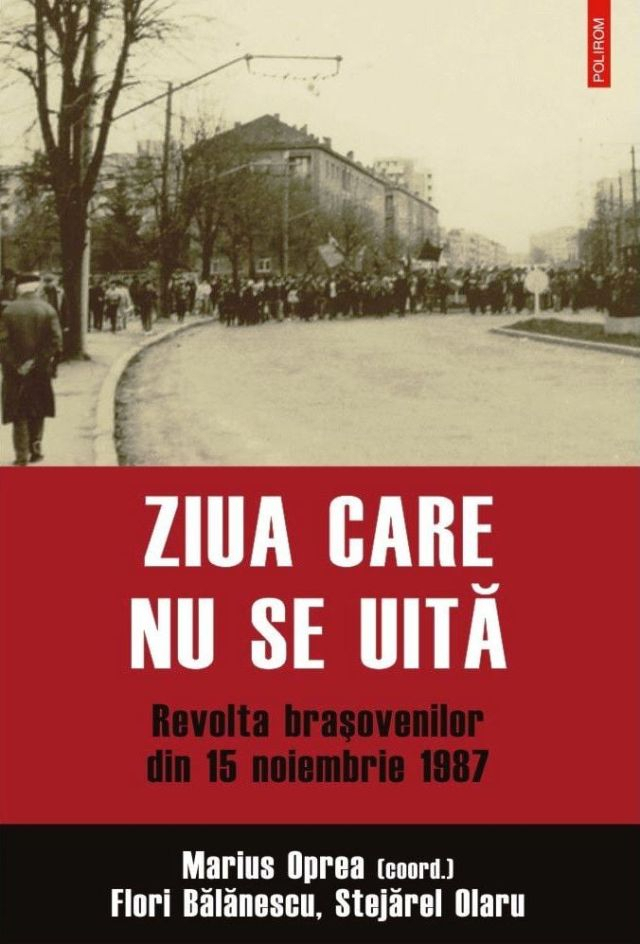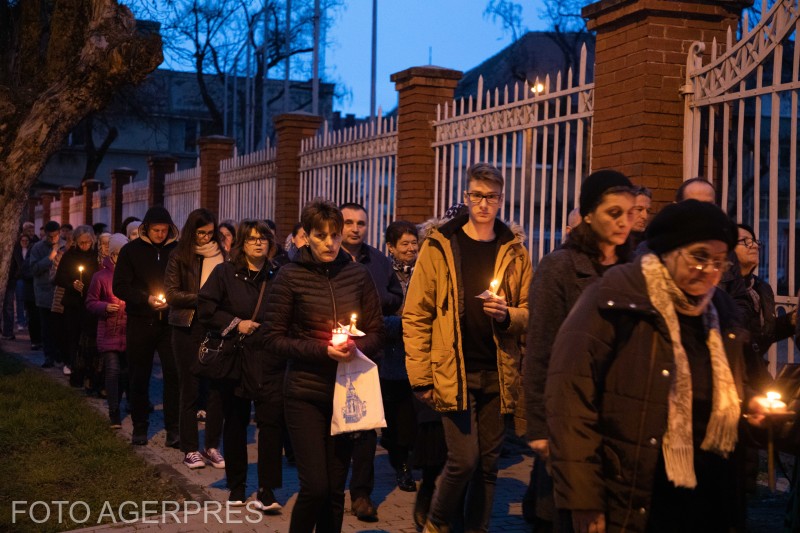Braşov – 35 years on
Romania marks the 35th anniversary of the anticommunist uprising of the workers in Braşov.

Bogdan Matei, 15.11.2022, 13:50
The
day we’ll never forget is how we can translate the book written
by two Romanian historians, Marius Oprea and Stejărel Olaru, about
the anticommunist uprising of the workers in the central city of
Braşov on
November 15th
1987. Although severely repressed, it did
shake
Nicolae Ceauşescu’s communist dictatorship and historians
say it was a prelude to the December revolution of 1989, which swept
away the almost 50-year-old regime imposed by the Soviet occupation
army at the end of WWII.
At
the
time, the last Soviet leader, the reformist president Mikhail
Gorbachev was
breaking away with the police state inherited from Lenin and Stalin
and was trying to humanise the system through glasnost,
transparency, and perestroika,
restructuring. In Poland, a satellite country of the USSR, like
Romania, the Solidarity workers’ union was staging protests and
marathon strikes, bringing to a standstill a regime that still
pretended to govern on behalf of and in the best interest of the
workers.
No
wonder that the explosion of anger of the workers in Braşov
occurred
on one of the biggest industrial sites in the socialist republic,
against the sinister backdrop of the late 1980s, when the
precariousness of living was doubled by police surveillance and the
cult of personality surrounding Nicolae Ceauşescu.
The
president of the 15th
November 1987 Braşov Association Marius Boieriu recalls:
We
demanded bread, which was rationed and which we could only get after
queuing for long hours after we finished our shifts. We demanded
heating for our cold apartments, where the children of my older
colleagues were shaking with cold. I was 20 years old at the time. We
demanded freedom. To have all these, we chanted ‘Down with
Ceauşescu!’ Hoping the people of Braşov would join us, we sang
the song ‘Wake up Romanians’ on our march towards the party’s
county headquarters. And two years later, the Romanians did wake up.
It’s hard to put into words what we went through.
The
workers who made their way into the local seat of government threw
Ceauşescu’s portraits and the red flags of the communist party out
of the windows. Later, some 300 protesters were arrested and
interrogated under torture by the Securitate, the state’s political
police. The regime chose to treat the protests as isolated cases
of hooliganism
and the penalties did not exceed three-year suspended sentences, a
relatively lenient penalty in the communist criminal code. It may
have also helped that a few days after the uprising, the students of
Braşov
installed a banner on campus on which was written: The detained
workers must not die, an indication that the discontent was shared
by the majority of Romanians. Two years later, a revolution put an
end to a regime which the Romanian post-communist state itself would
officially condemn as criminal and illegitimate. (CM)






























